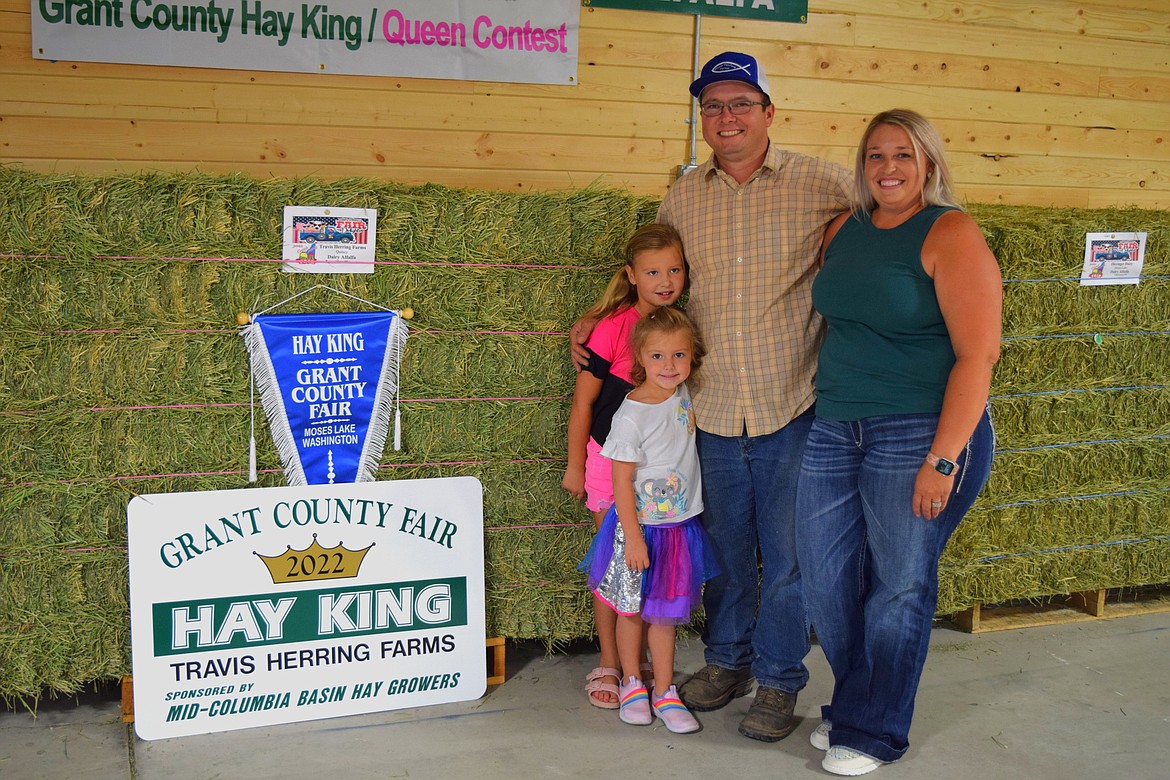Hay King Travis Herring excels despite bad season
|
September 1, 2022 1:00 AM
MOSES LAKE — There’s always plenty of work to do on a farm.
Become a Subscriber!
You have read all of your free articles this month. Select a plan below to start your subscription today.
Already a subscriber? Login



